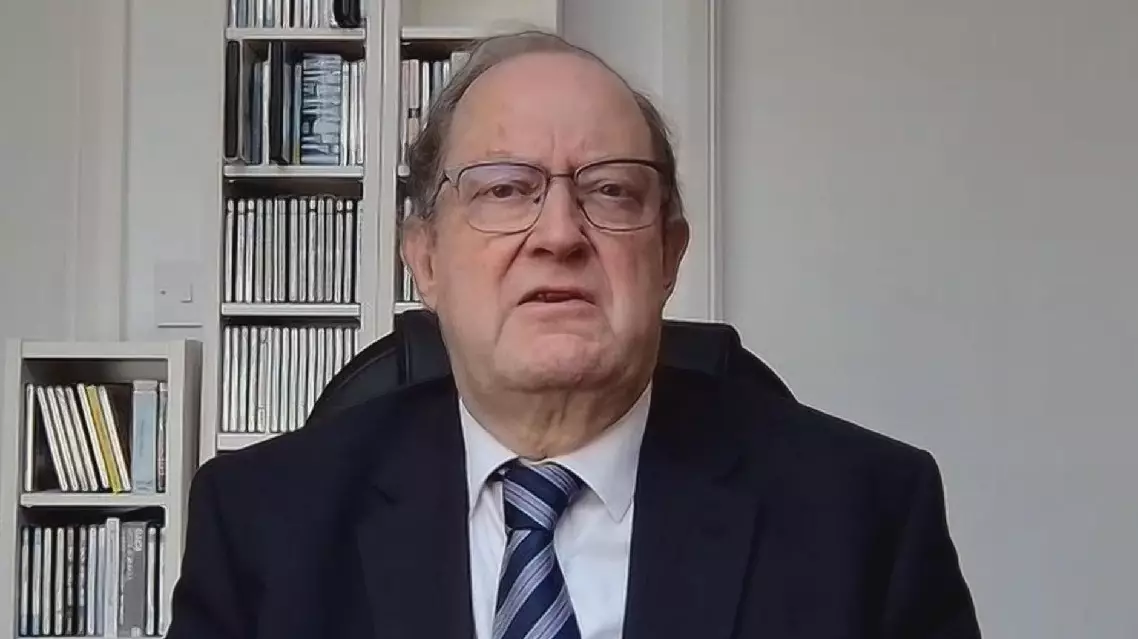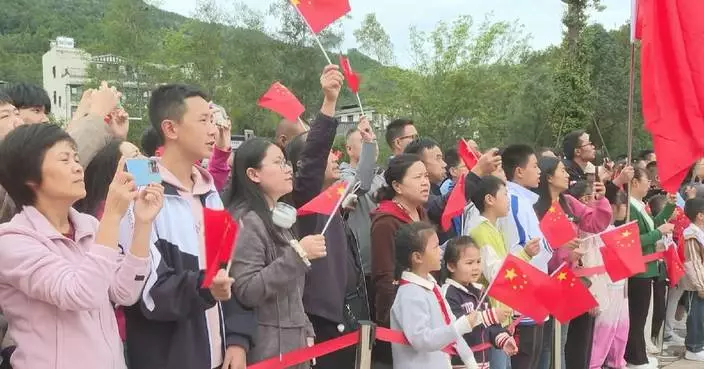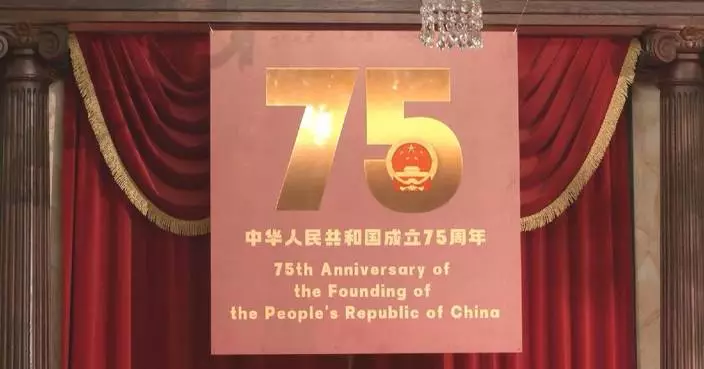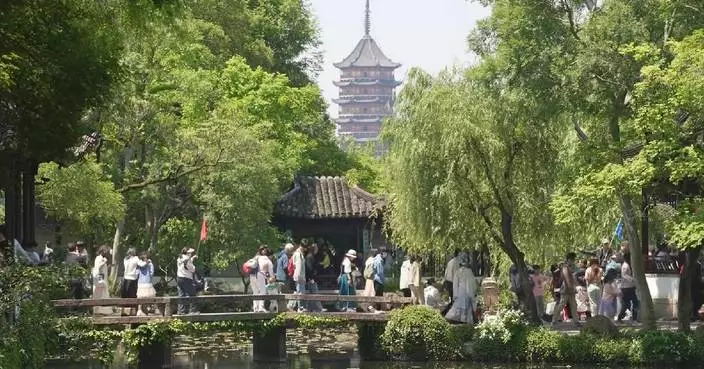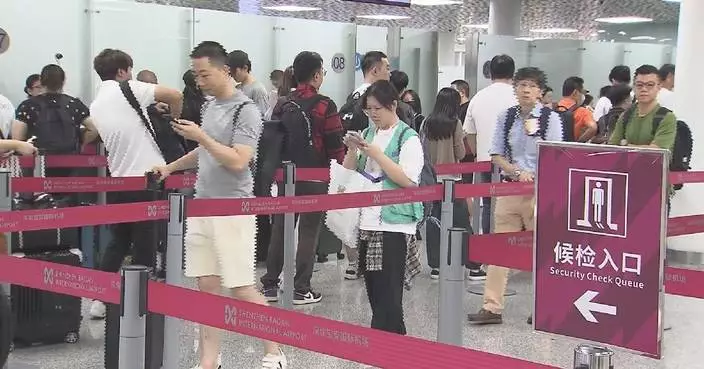A woodcut workshop led by a Chinese master was held in Casablanca, Morocco last week to promote exchanges between the country's modern art with Chinese traditional engraving techniques.
Sponsored by Morocco's first print publisher Marsam, the workshop was led by Chinese artist Wei Yuhan in collaboration with Basma Gallery and painter and engraver Khalid el Bekay, involving notable figures from the Moroccan art world, including pioneering female artist Malika Agueznay and leading painter Abdellah Hariri.
The event was designed to explore time-honored woodcutting techniques, while fostering a contemporary creative synergy. It saw fruitful exchanges between Moroccan and international artists.
"My purpose in participating in this event is to promote this traditional Chinese technique and to collaborate with artists like Khalid el Bekay, whose works are very attractive. I hope to combine my engraving methods with their special techniques to create unique works," said Wei.
Speaking at the closing ceremony on Friday evening, gallery owner and art publisher Khalil Amr Chraibi emphasized that the workshop represented a convergence between traditional and modern art.
He said he was proud to have collaborated with leading artists and international masters like Wei, to enable participants to rediscover this unique technique, which was part of their mission to support and promote diverse artistic expression in Morocco.
He added that the event would not only revive people's interest in the engraving art in Morocco, but also inspire a new generation of artists to venture into non-conventional forms of expression and build a bridge between ancient know-how and contemporary artistic visions.
For his part, Khalid el Bekay emphasized the importance of this workshop for the Moroccan art to thrive, saying that it marked a turning point for the wood cutting art in the country, which reviewed traditional techniques and gave new impetus to artistic exploration.
He said that this workshop was just the beginning of a wider movement. He stressed the vision of creating a genuine network of artists through this kind of events to build a platform for participants to exchange and collaborate around printmaking and engraving.
He also noted that his goal is to develop international cooperation and encourage Moroccan artists to participate in the field with a new and open world view.
"It was a new experience for me. I discovered a new wood carving technique and was ready to incorporate it into my work," said Moroccan artist Abderrahmane Rahoule.
The organizer said that the event inaugurated a season of workshops and exhibitions that will run until December 1. These activities are expected to enrich the Moroccan art circles, while facilitating cultural exchanges between Morocco and internationally renowned artists.
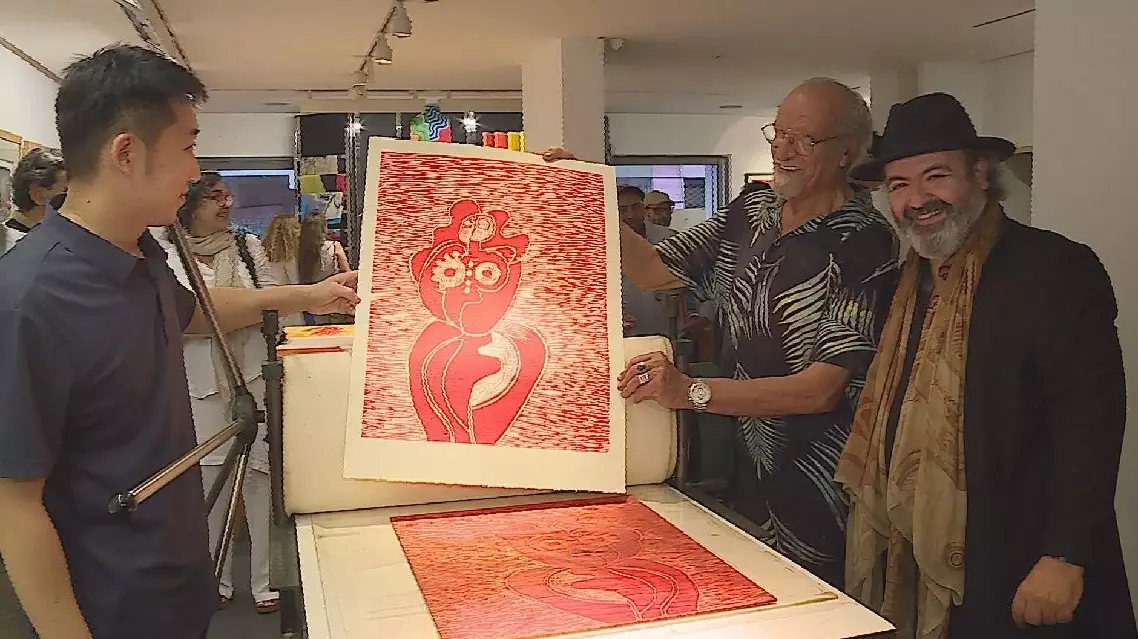
Workshop held to promote exchange between Moroccan, Chinese woodcut artists


